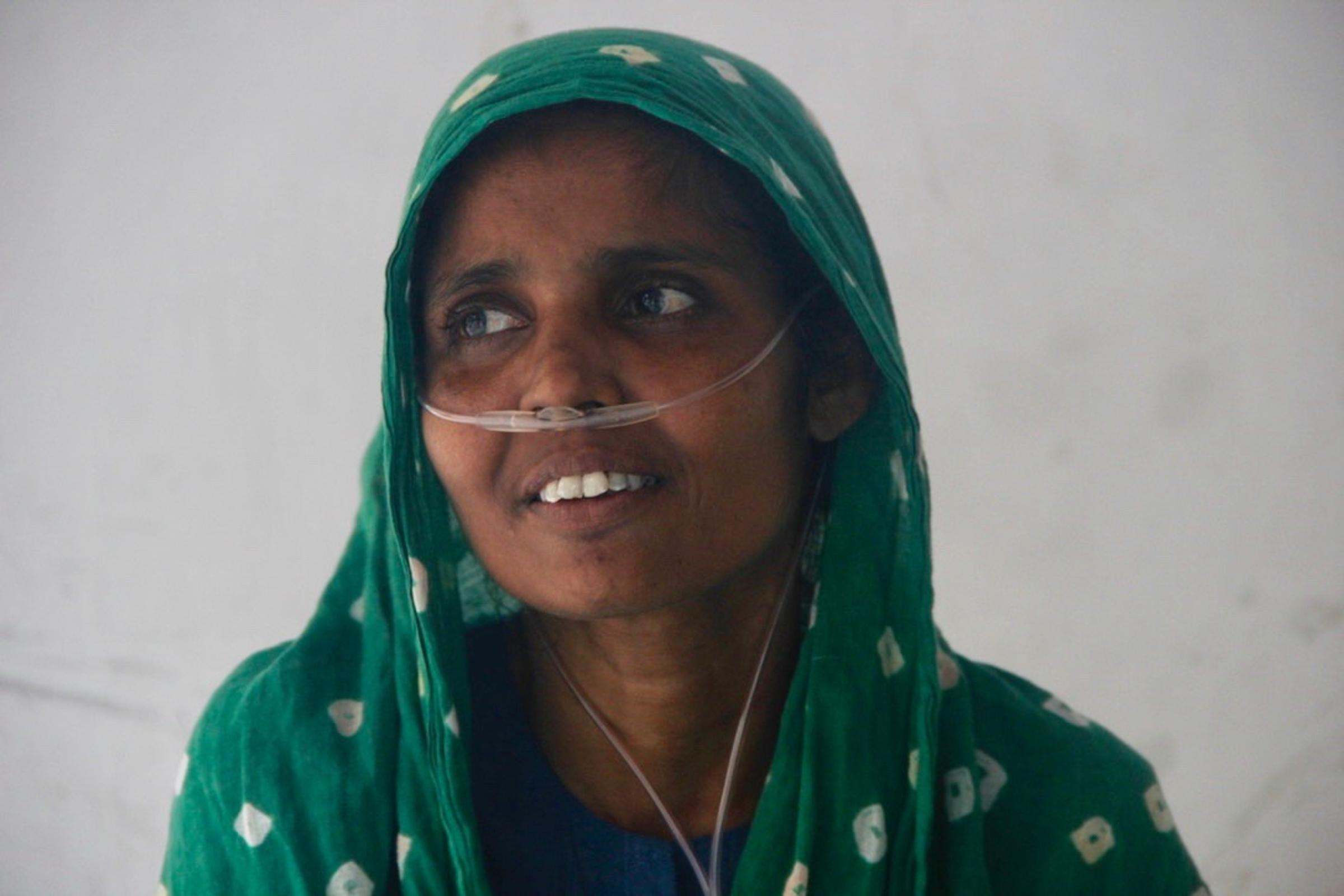Outreach Visit

Palliative care in Visakhapatnam and Agartala
Maite Uribe and Chris Drummond
Maite and I spent an incredible 2 weeks as ‘fellow travellers’ in India in November/December 2018.
It was clear during our visit, that anyone involved in palliative care in Indian is embracing the proposed new definition of palliative care, which includes any severe health-related suffering, not just at the end of life.
Our 1st week was in Visakhapatnam (‘Vizag’). It was an action-packed week with well-attended education sessions on palliative care, pain assessment and the interface between palliative care and ICU. Venues and participants (several hundred) included the nursing college, medical college, dental college, Indian Society of Anaesthesiologists, physiotherapy students and various clinicians at a private hospital.
We participated in an ECHO teaching session with several doctors across the country, including Dr Raju NS, Dr Vidya Viswanath and Dr Anasuya from the Foundation, discussing a geriatric case, and it was clear that we all share a similar approach and concerns with our elderly patients.
A visit to Homi Bhabha cancer centre, run out of shipping containers for the last 3 years whilst waiting for new buildings to be completed, was inspirational. There was a real focus on and understanding of palliative care, and an amazing ‘can do’ attitude from everyone, from the Medical Director to the allied health clinicians, laboratory technicians and cleaners. We have a lot to learn!
Our 2nd week in India was in Agartala, Tripura. This was my 4th visit to Tripura, the last one having been 3 years ago, and it was clear that we had developed strong professional relationships and respect.
But before we even arrived, we found ourselves in the situation of having to consider how we could support a doctor caring for a mechanically ventilated man on the plane! Maite quickly discovered that the man was being transported home to die but that there was no plan in place, should that happen mid-flight. She assisted the doctor with the man’s care, including his ventilation and has maintained an ongoing professional relationship with him, as this experience was the first time he had considered his role as a physician from the perspective of the patient and his family. A revelation!
It was clear that there is a constant struggle to navigate political and cultural systems in Tripura, in order to improve care. It is a slow process that often frustrates those trying to make a difference, with disconnects between theoretical knowledge and practice apparent at every level. Despite the regular frustrations, such as that morphine is only available at the Cancer Centre, the champions of palliative care, especially Dr Majumdar, need us and were very grateful for our advocacy and support. Even more, the people of Tripura need as much advocacy and education as possible; their struggles are immense.
See the attached document for our full report.
